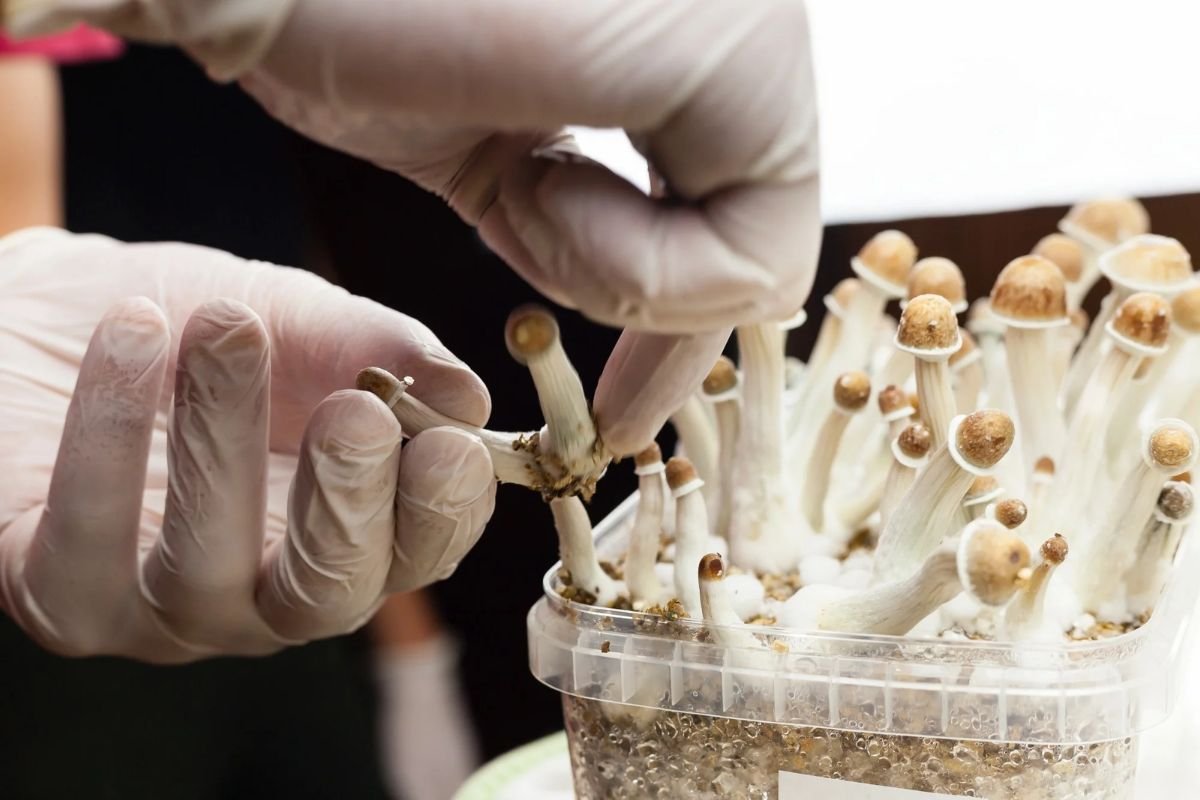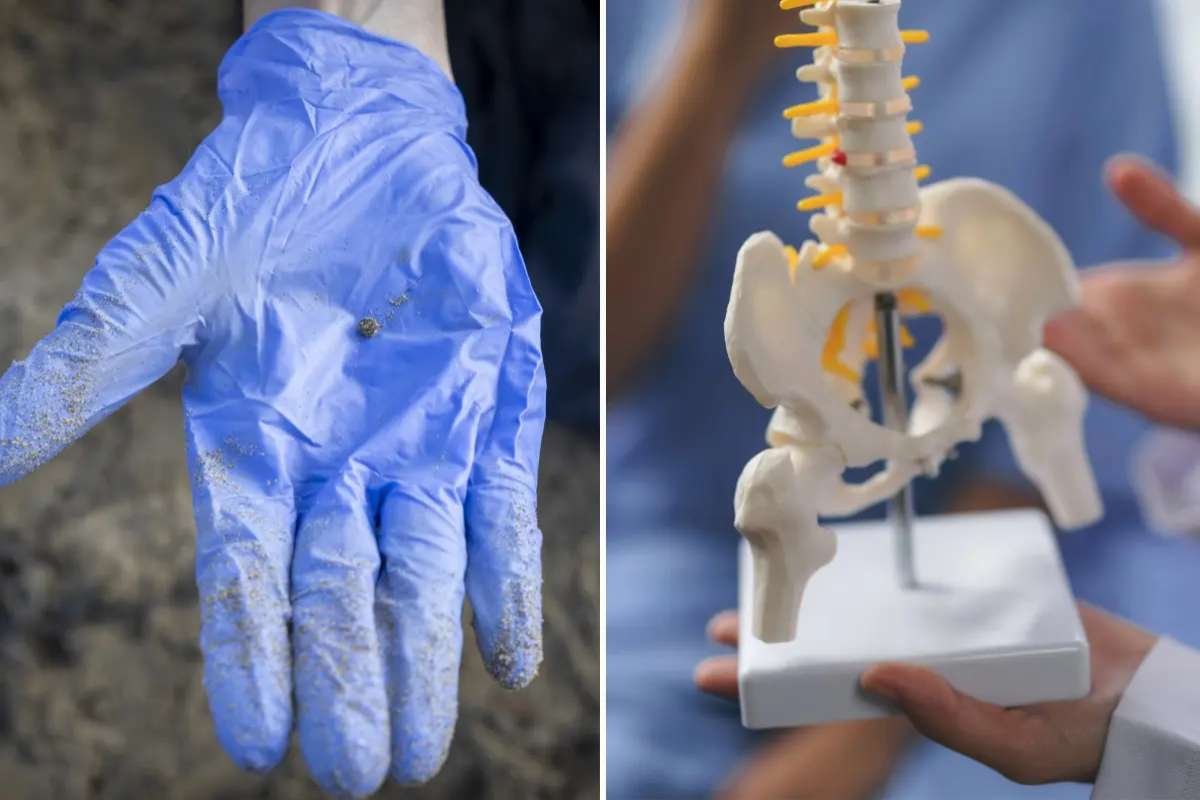Source-Newsmedical.net
Recent research published in Communications Psychology sheds light on the potential dangers of psychedelics, particularly their capacity to generate false insights and beliefs. Psychedelics are increasingly recognized for their ability to induce profound moments of understanding, often referred to as “Aha!” moments, which can significantly alter one’s beliefs. These insights are central to the therapeutic potential of psychedelics, especially in restructuring harmful beliefs related to mental illness. However, ensuring the accuracy and therapeutic value of these insights is crucial. The researchers introduced the False Insights and Beliefs Under Psychedelics (FIBUS) model, aiming to explain how psychedelics might lead to erroneous or maladaptive insights, thereby emphasizing the need for careful consideration in their use.
The Mechanism Behind Insights and the Role of Psychedelics
Insights, or sudden realizations, play a pivotal role in problem-solving, often accompanied by feelings of satisfaction and certainty. However, these insights are not always correct and can be distorted by prior knowledge or misleading contexts. The Eureka Heuristic theory suggests that while these moments of clarity can guide decision-making, they can also lead to false beliefs when influenced by positive emotions. This highlights the importance of understanding the psychological mechanisms at play to maximize the benefits of psychedelics in therapeutic settings.
The brain’s active inference theory, which describes how the brain continuously makes predictions and updates beliefs based on sensory input, is integral to this understanding. The confidence or precision in these predictions dictates how beliefs are adjusted. Psychedelics appear to accelerate this process, enabling belief updates without the need for new information, a phenomenon known as fact-free learning. This process is closely tied to dopamine, which enhances the confidence and pleasure associated with these insights, further influencing how beliefs are formed and solidified during psychedelic experiences.
Psychedelics, Belief Modification, and the REBUS Theory
The impact of psychedelics on belief systems has been a key focus of recent research. The Relaxed Beliefs Under Psychedelics (REBUS) theory posits that psychedelics facilitate belief changes by reducing the confidence in pre-existing beliefs. This effect is primarily mediated through the brain’s serotonin receptors, which, when activated by psychedelics, increase neuronal activity and alter communication patterns within the brain. These changes lead to the profound alterations in perception, emotion, and cognition often reported during psychedelic experiences.
Psychedelics also disrupt the default mode network (DMN), a group of brain regions associated with self-referential thinking and inner dialogue. This disruption is believed to contribute to the experience of ego dissolution and a heightened sense of unity, while simultaneously enhancing connectivity between various brain networks, fostering new associations and insights. However, these insights can sometimes be misleading, leading to false beliefs if not properly integrated into one’s overall cognitive framework.
Moreover, psychedelics’ effects on memory systems further complicate the potential for false insights. By impairing the formation of detailed, context-specific memories and enhancing general, familiarity-based memories, psychedelics can create a sense of knowing or recognition without accurate context, potentially leading to phenomena like déjà vu. This underscores the importance of distinguishing between true and adaptive beliefs versus those that are false or maladaptive, particularly in clinical settings.
In conclusion, while psychedelics hold significant promise for facilitating meaningful belief changes and insights, the FIBUS model warns of the risks associated with false insights. The paper calls for further research and careful clinical judgment to ensure that the insights gained from psychedelic experiences are both valid and therapeutically beneficial.
Visit The Lifesciences Magazine For More.







